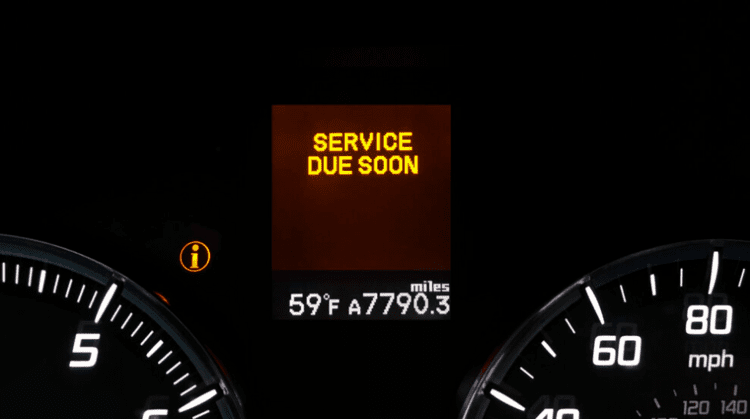
About 8% of car owners say they have delayed routine maintenance, according to Automotive Market Research. Unsurprisingly, the top reasons were not having enough time (33%) and not having enough money (30%). But delaying maintenance can lead to more expensive and time-consuming repairs down the road.
Here are 13 car maintenance tips to optimize your car's performance, prevent expensive repairs and improve safety on the road.
1. Change your oil: This will keep your engine running smoothly, prevent wear and tear, and improve your gas mileage. In most cases, you should get your oil changed every 3,000 miles. Check your car’s maintenance schedule for details.
2. Monitor your tire pressure: Keep your tires properly inflated, especially during seasonal changes. In the fall, lower temperatures can reduce your tire pressure as the air contracts. Always keep your tires inflated to the correct pressure (psi) for your car. You can find this information in your owner’s manual or on the sticker inside your driver's side doorjamb.
3. Rotate your tires: Rotating your tires regularly extends their life, improves traction and reduces road noise. Most experts recommend rotating your tires every 5,000-8,000 miles.
4. Wash your car regularly: Cleaning the outside of your car helps prevent rust and other harmful buildup. This is especially important if you live in a snowy climate. Road salt can collect on your car's exterior and damage your paint.
5. Replace your wiper blades: Worn or damaged wiper blades can impair your ability to see the road. If your windshield wipers are leaving streaks, squeaking or not clearing the windshield properly, replace them.
6. Check your fluid levels: When you get your oil changed, check your brake fluid, coolant, power steering fluid and washer fluid. This is important for your car’s safety, performance and longevity. For example, low or contaminated brake fluid can affect the efficiency of your brakes and cause accidents.
7. Check your brakes: Have your brakes checked regularly to prevent small issues from becoming serious safety hazards. Even minor issues with your brakes can cause an accident.
8. Replace your air filters: Replace your air and cabin filters regularly to improve the air quality inside your car. Aim for every 15,000-30,000 miles.
9. Test your car’s HVAC system: Make sure your air conditioning and heater are working properly. This will keep you and your passengers comfortable year-round.
10. Check your battery: Check your battery regularly to prevent unexpected breakdowns. Signs of a failing battery include slow engine cranking, dim headlights and the need for frequent jump-starts.
11. Heed dashboard warning lights: If a warning light appears, get it checked out immediately. Ignoring a warning light could lead to a more costly repair down the road.
12. Check your lights: Check all your car's lights regularly, including your headlights, brake lights and turn signals. A defective brake light is a serious driving hazard (not to mention a violation that could result in a ticket).
13. Keep your car covered: Whenever possible, park your car in a garage. If you don’t have a garage, use a car cover to shield your car from the sun and other harmful elements.
